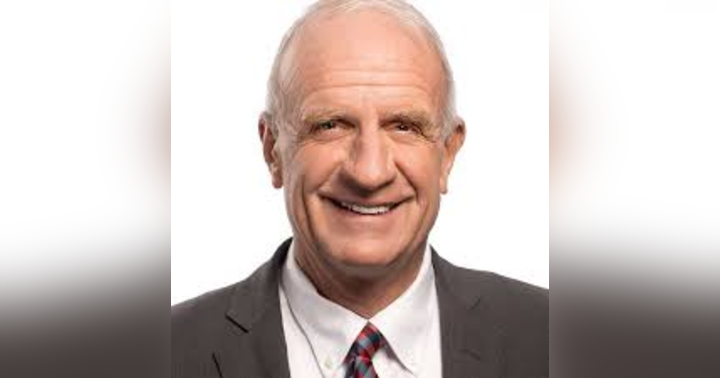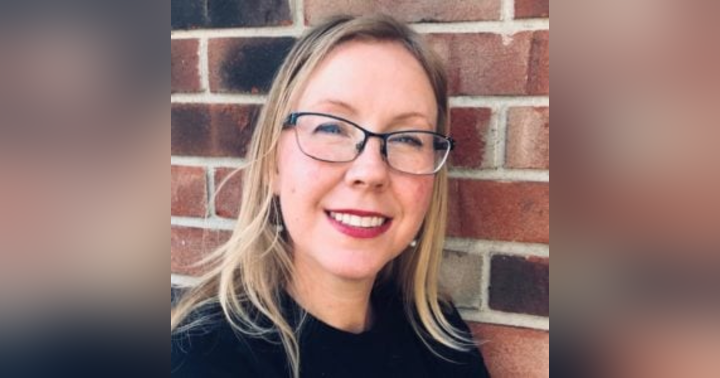Navigating Change, Racism, and Hope at Indiana University (Petition Attached)

On this To Be and Do podcast, host Philip Amerson delivers a passionate and deeply informed reflection on troubling developments at Indiana University (IU) and explores the broader significance amidst contemporary American cultural shifts. Drawing on personal experience as a Bloomington resident and IU affiliate, Amerson weaves together institutional changes at IU, broader political dynamics in Indiana and the nation, and the persistent challenges posed by racism and authoritarian tendencies.
Here are three key takeaway points from this powerful episode:
1. The Undermining of Shared Governance and Liberal Arts at IU
Philip Amerson opens the episode recounting recent “tragic” changes at Indiana University: elimination of hundreds of courses and degree programs—especially in fields like languages, philosophy, and literature—and a rapid, insular decision-making process that sidelined faculty, alumni, and student voices. At the heart of the concern is the erosion of “shared governance”—the collaborative principle ensuring university decisions reflect the diverse interests and input of the campus community.
This move, Amerson explains, aligns closely with changes in Indiana state governance, where last-minute budget maneuvering transferred the appointment of all university trustees directly to the governor, effectively shutting out public elections and centralizing power along ideological lines. Emerson powerfully connects these institutional shifts to a broader, national trend of authoritarianism, noting, “decisions about reducing the courses...was announced rather abruptly” and that this is part of “a continuing attack on DEI (Diversity, Equity, and Inclusion).”
2. Racial Retrenchment and Attacks on Diversity Initiatives
A central—and deeply troubling—theme of the episode is what Amerson describes as a clear “racial retrenchment” at IU. He argues that recent acts, like placing minority-targeted scholarships on hold, scrubbing university materials of diversity language, and removing names and signage from programs supporting underrepresented students, collectively reflect “racist behavior.” Amerson minces no words: “Indiana University has fallen into a racist behavior. There's a racial retrenchment back toward believing that what is white is normative.”
The episode also draws attention to the chilling effect of new state-mandated academic oversight, which allows students to challenge course material as “offensive,” threatening the university’s foundational principle of academic freedom. Amerson warns, “Faculty now, because of legislation from the state, must have their course materials reviewed and any lecture can be challenged.”
3. The National Context: Fear, Christian Nationalism, and Hope
Amerson broadens the conversation, connecting IU’s situation to growing fears of authoritarianism—fuelled, in part, by initiatives like the Heritage Foundation’s Project 2025 and Project Esther, which push a brand of Christian nationalism hostile to pluralism, academic freedom, and open dialogue.
Yet, the episode closes with hope. Amerson reminds listeners that such movements are fueled by fear and that “at the end of the day, fear will finally, finally wear itself out.” He calls for unwavering commitment to open dialogue, shared governance, and institutional renewal rooted in inclusion. “Universities to be universities, must be places where honest, open dialogue can occur,” he asserts, ending with the conviction that the arc of progress continues—even when challenged.
It’s a timely, passionate episode: one that not only implores listeners to engage and sign a petition against these changes at IU, but also challenges all of us to ask—what kind of community, institution, and country do we want to be?
Petition Opposing Racist Practices at Indiana University
Event Opposing Christian Nationalism at Candler School of Theology







